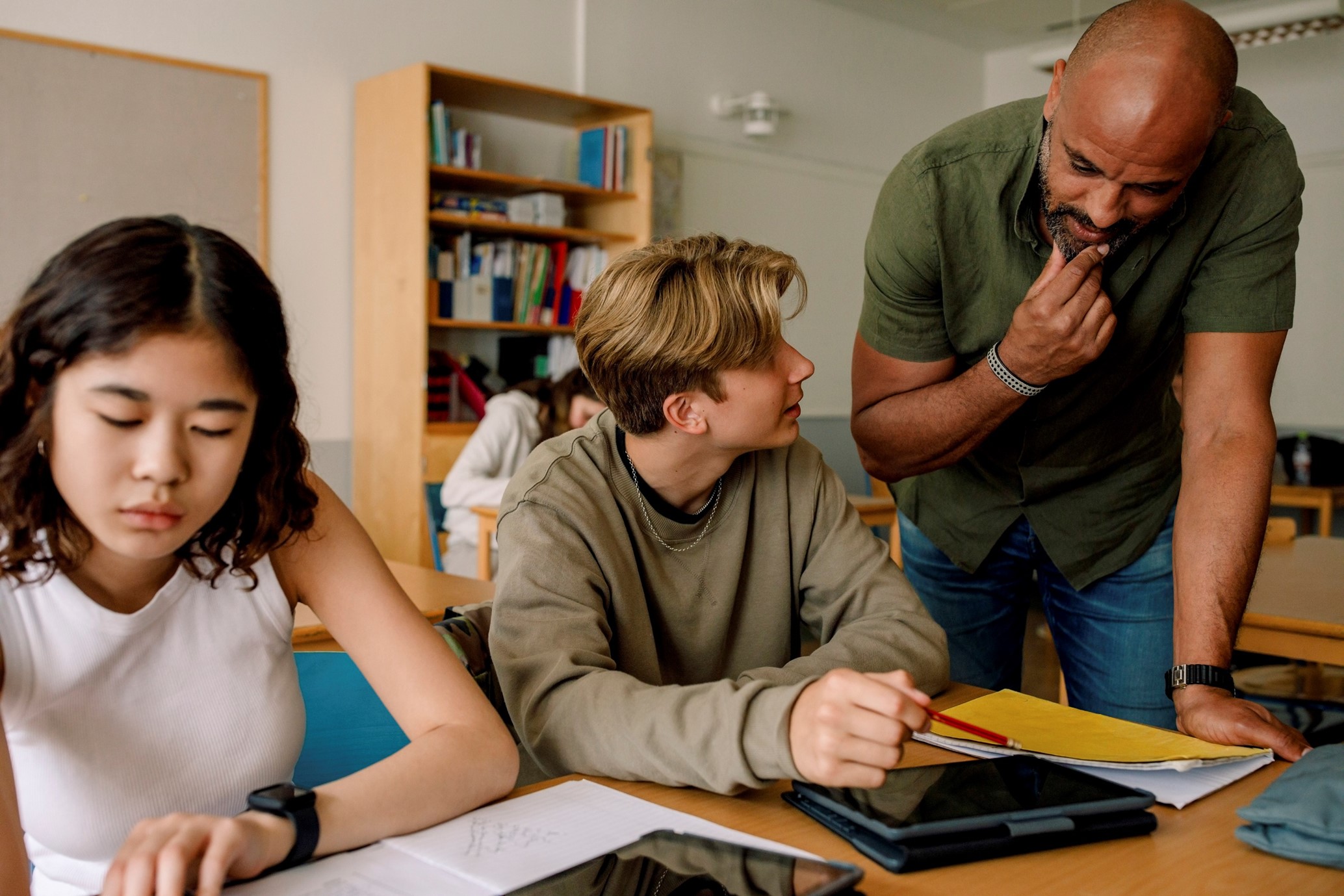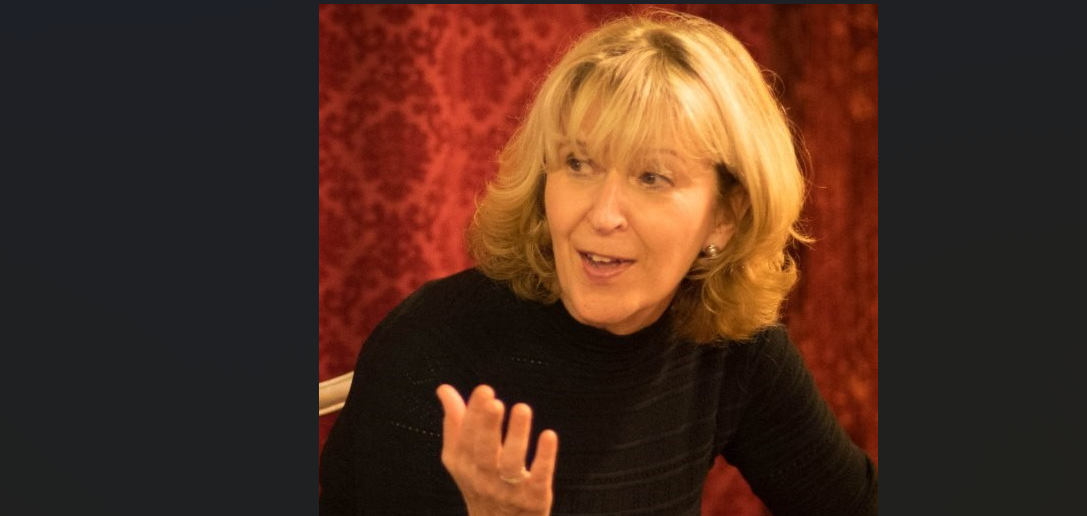About the Group
The New Visions for Education Group is an education policy advocacy group made up of leading educationalists, practitioners, academics and lifelong commentators.
The Group’s constitution expresses its principal objective as the promotion of a collaborative, inclusive and equitable public education service that aims to provide a high-quality education for all, ranks practical learning as highly as academic learning, and values the personal development and well-being of the individual as highly as their and society’s economic and occupational needs.
The Group is independent without party political affiliation. It advocates policy initiatives in submissions to government and opposition parties and responds both critically and supportively to national and local education policy proposals. The Group’s policies on specific issues are decided by its Council supported by extensive research. This website provides the opportunity for supporter members to contribute to policy debate and discussion.
The Group has made this statement as a supplement to its constitutional objective
In pursuing the realisation of the Group’s vision and its aims, its work will be shaped and underpinned by the following beliefs and principles:
- every child and adult has the right to the best education that can be provided, from cradle to grave;
- education should be free, universal and undertaken by institutions and agencies that are publicly accountable, democratically controlled and working in cooperation with each other;
- the process of education is a complex interaction between individuals learners, teachers and institutions. Education policy-making should respect this, in particular, by enhancing and valuing the professionalism of heads and teachers, ensuring that national requirements leave space for institutions to develop their own particular ethos and strengths and that learners can make their views known;
- the whole education service is an inter-related, coherent and life-long process consisting of pre-school, school, and the varied forms of adult and continuing education, including non-formal education at all stages but especially during adolescence and young adulthood;
- we should aim continually to improve the quality of education at all phases of life so as to help all citizens adapt to changing needs and circumstances, and achieve the higher educational standards that will be needed to take advantage of the possibilities, and cope with the challenges of the 21st century;
- education has a duty, and a key role to play, in tackling the roots and manifestations of inequality, prejudice and discrimination within its own practices and institutions, and in society at large;
- the education service must be funded, resourced and equipped to enable it to play its crucial part in combating social disadvantage and meeting the special needs of those with learning difficulties;
- for all involved to flourish, and for society to gain maximum benefit, the education service should be shaped by a public service culture, not by one of market forces and competition, driven by institutional self-interest, league tables, target-setting, performance indicators and an excessive testing of pupils;
- school admission policies and practice should outlaw overt and covert selection;
- the nature and aims of schooling and other phases of education are in need of examination and clarification in order to review and re-think purpose, curricula, assessment systems, inspection arrangements and devise new more appropriate pedagogies.
The New Visions for Education Group is an education policy advocacy group made up of leading educationalists, practitioners, academics and lifelong commentators.
The Group’s constitution expresses its principal objective as the promotion of a collaborative, inclusive and equitable public education service that aims to provide a high-quality education for all, ranks practical learning as highly as academic learning, and values the personal development and well-being of the individual as highly as their and society’s economic and occupational needs.
The Group is independent without party political affiliation. It advocates policy initiatives in submissions to government and opposition parties and responds both critically and supportively to national and local education policy proposals. The Group’s policies on specific issues are decided by its Council supported by extensive research. This website provides the opportunity for supporter members to contribute to policy debate and discussion.
The Group has made this statement as a supplement to its constitutional objective
In pursuing the realisation of the Group’s vision and its aims, its work will be shaped and underpinned by the following beliefs and principles:
- every child and adult has the right to the best education that can be provided, from cradle to grave;
- education should be free, universal and undertaken by institutions and agencies that are publicly accountable, democratically controlled and working in cooperation with each other;
- the process of education is a complex interaction between individuals learners, teachers and institutions. Education policy-making should respect this, in particular, by enhancing and valuing the professionalism of heads and teachers, ensuring that national requirements leave space for institutions to develop their own particular ethos and strengths and that learners can make their views known;
- the whole education service is an inter-related, coherent and life-long process consisting of pre-school, school, and the varied forms of adult and continuing education, including non-formal education at all stages but especially during adolescence and young adulthood;
- we should aim continually to improve the quality of education at all phases of life so as to help all citizens adapt to changing needs and circumstances, and achieve the higher educational standards that will be needed to take advantage of the possibilities, and cope with the challenges of the 21st century;
- education has a duty, and a key role to play, in tackling the roots and manifestations of inequality, prejudice and discrimination within its own practices and institutions, and in society at large;
- the education service must be funded, resourced and equipped to enable it to play its crucial part in combating social disadvantage and meeting the special needs of those with learning difficulties;
- for all involved to flourish, and for society to gain maximum benefit, the education service should be shaped by a public service culture, not by one of market forces and competition, driven by institutional self-interest, league tables, target-setting, performance indicators and an excessive testing of pupils;
- school admission policies and practice should outlaw overt and covert selection;
- the nature and aims of schooling and other phases of education are in need of examination and clarification in order to review and re-think purpose, curricula, assessment systems, inspection arrangements and devise new more appropriate pedagogies.



